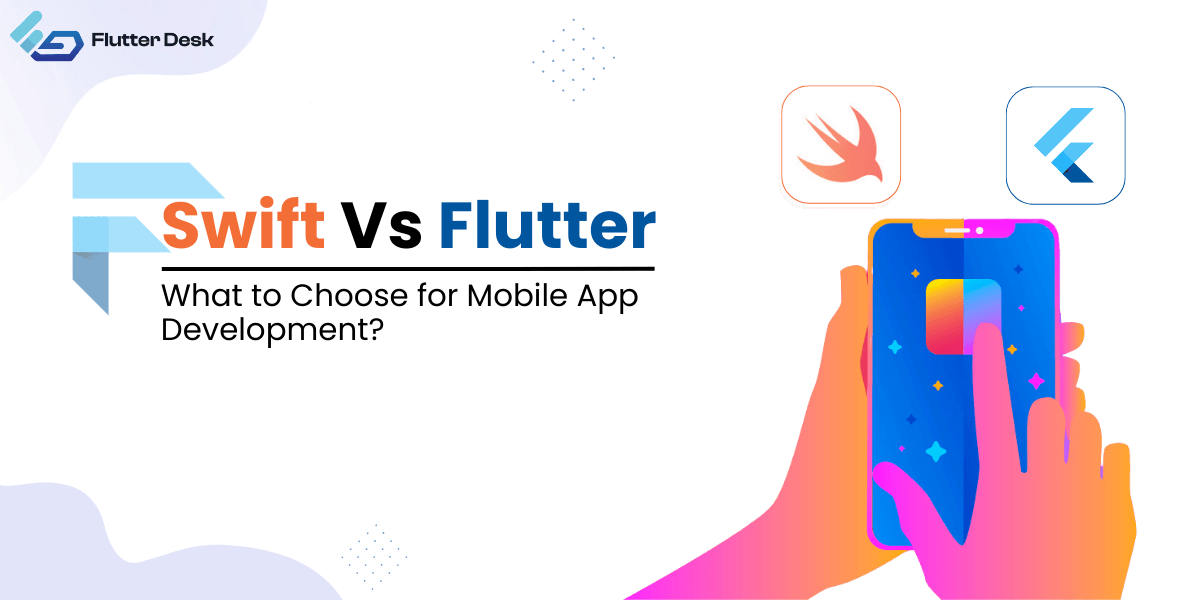As another year begins, digital establishments will likely and surely take on a more advanced shift. Newer technologies are going to be in action (which already are) and the race to ace the market will be held too. Owing to this, no-code app development is going to have a definite push.
As AI is rolling out, people are being more attracted to effortless gains and completing their tasks within minutes or even seconds rather than putting their hours or days into a single task.
In this blog, we will discover this amazing terminology (that frightens developers) called no code app development.
What is no-code App Development?
No-code app development is a method of building software applications without writing any code. It has gained popularity in recent years as a way for non-technical individuals and businesses to create their own custom applications and automate various tasks.
With the rise of low-code and no code platforms, it is now possible for anyone to develop and deploy their own apps without the need for programming skills. Are you excited about the automated world coming ahead? You would be. Or maybe not 😛 who knows.
Wondering what platforms would be responsible for this automation? Let’s get to know about them.
No-code app development platforms
No code app development platforms are online tools that provide a user-friendly interface for building and deploying custom apps. These platforms typically come with a set of pre-built templates and modules that users can drag and drop to build their app. Some popular no-code app development platforms include Webflow, Bubble, and Appy Pie.
Benefits of no code app development:
There are several benefits of using code-free app development platforms for building apps hassle-free. Here are some of them to be discussed:
- Time-saving: No code app development platforms allow users to build and deploy apps much faster than traditional coding methods. This is because users don’t have to spend time writing and debugging code, and can instead focus on building the functionalities they need.
- Cost-effective: No-code app development platforms are generally much cheaper than hiring a developer to build a custom app. This makes it an affordable option for small businesses and startups.
- User-friendly: No code app development platforms are designed to be easy to use, even for those without programming skills. This means that non-technical individuals can build their own apps and automate tasks without the need for coding knowledge.
- Customizable: Code-free app development platforms offer a wide range of customization options, allowing users to build apps that are tailored to their specific needs.
- Scalability: no-code app development platforms make it easy to scale apps as they grow. This means that users can add new features and functionality as needed, without the need for extensive coding work.
Okay, so, what’s more? Let’s be lenient, transparent, and more honest and figure out what could be the setbacks of no-code app development.
Limitations of no code app development:
While no-code app development platforms offer many benefits, there are also some limitations to consider:
- Limited functionality: No code app development platforms may not offer the same level of functionality as custom-coded apps. This means that users may be limited in the features and functionality they can include in their app.
- Dependence on platform: No-code app development platforms rely on the platform’s infrastructure and functionality to build and deploy apps. This means that users are dependent on the platform to maintain and update their apps.
- Security concerns: Code-free app development platforms may not offer the same level of security as custom-coded apps. This is because users may not have the technical knowledge to implement security measures and best practices.
- Lack of control: Because these types of app development platforms are designed to be user-friendly, users may not have the same level of control over their app as they would with custom-coded apps. This means that users may not be able to make certain changes or customize their app to the same extent.
- Limited integration options: No code app development platforms may not offer the same level of integration with other systems and platforms as custom-coded apps. This means that users may be limited in their ability to integrate their app with other tools and platforms.
Tips for successful No-code app development:
1) Plan ahead
Before building your app, it’s important to carefully plan out your desired features and functionality. This will help you to make the most of the tools and resources available on the no-code app development platform you are using.
2) Test and iterate
As with any software development project, it’s important to test your app thoroughly and make any necessary changes and improvements. No code app development platforms often come with built-in testing tools, which can be used to identify any issues and make necessary changes before deploying the app.
3) Use templates and modules
No-code app development platforms come with a range of templates and modules that can be used to build your app. These templates and modules are pre-built with common features and functionality and can save you time and effort in building your app.
4) Leverage Documentation and Support Resources:
Most no-code app development platforms provide documentation and support resources to help users build and deploy their apps. These resources can be invaluable for answering questions and troubleshooting issues.
5) Consider integration options:
If you need to integrate your app with other systems or platforms, it’s important to consider the integration options available on the no code app development platform you are using. Some platforms may offer a range of integration options, while others may be more limited.
Wrap Up
No-code app development is a powerful tool for non-technical individuals and businesses to build and deploy custom apps without the need for coding skills. While there are limitations to consider, no code app development platforms offer many benefits, including time-saving, cost-effectiveness, user-friendliness, and scalability.
You can follow best practices, such as planning ahead, testing and iterating, and leveraging the templates and modules to successfully build and deploy your own app using a no code app development platform.
Moreover, if you’re looking to hire flutter developers from a reputed Flutter app development company to build an app for your business then you can count on us. We have a proven track record of providing result-oriented app development services to businesses worldwide. You can have a glimpse of our app development portfolio to have a better demonstration of our work.










